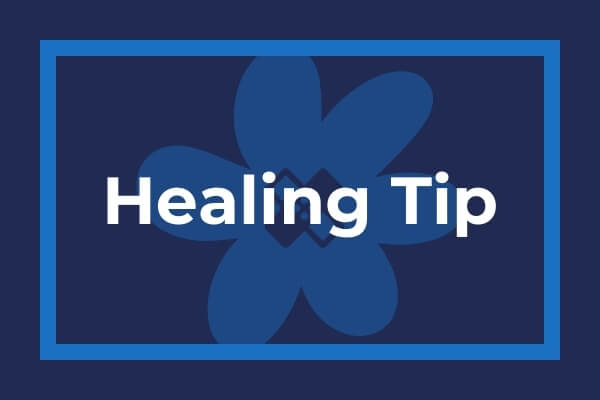A Reminder To Take Care of Your Body When You are Grieving
I went for my annual physical today. After working in a hospital for a decade, I am religious about preventative health. My primary care physician discussed the results of my labs from the blood draw I had last week. She asked me questions about my diet and exercise, asked how things were with my family, reviewed my medications, made sure there had been no significant personal or family health changes in the last year, reviewed the other physicians I see regularly or annually, and gave me two shots (my arm still hurts). It took 30 minutes out of my morning and I won’t see her again until next year because like most people I go to Urgent Care when I’m actually sick. But I have peace of mind that I was checked out by a medical professional and all seems well.
As a clinician I am constantly encouraging people to take care of their mental health because it is as important as your physical health. But sometimes we also need that reminder to take care of our physical health, especially when it is not just preventative and run of the mill. When you are grieving, it is crucial to your overall wellbeing.
Grief can have a profound impact on your physical health. People experience fatigue, nausea, stomachaches, headaches, difficulty sleeping, and trouble concentrating. Grief can increase inflammation and impact your immune system, leaving you vulnerable to infection. Intense grief can impact the heart muscle so much that it causes “broken heart syndrome,” a condition with the same symptoms as a heart attack. The longterm stress of grieving can contribute to high blood pressure and cardiovascular disease. The sleep and nutrition disturbances can compound and make your body feel more rundown and then make it harder to have the energy to get back to caring for yourself the way you need to be.
The physical side effects of grief can worsen existing health conditions and create new ones. One fourth of medical consults to doctors are following a significant loss. The possible impact on your physical wellbeing is real and documented and should not be ignored.
Take care of your body. It’s been through a lot.

